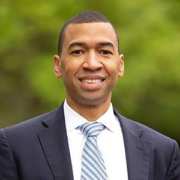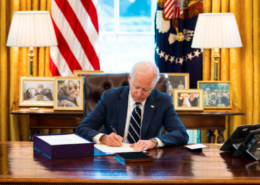New Program Seeks to Close Learning Gap
The effects of COVID-19 on our children’s education are well documented: pandemic-interrupted learning has set students back, by as much as a full year or more in some studies, with marginalized communities most likely to be adversely affected. In an attempt to close the “learning gap,” Montgomery, AL Mayor Steven Reed announced his city’s brand new LEAPS program. Short for Learning and Enrichment Acceleration Program for Summer Students, the program is geared towards 200 students in grades K-5 and is a partnership between the city and several businesses. Read more about LEAPS here. For more on COVID’s impact on education and policy solutions to address it, check out The NewDEAL Forum Education Policy Group’s report.






